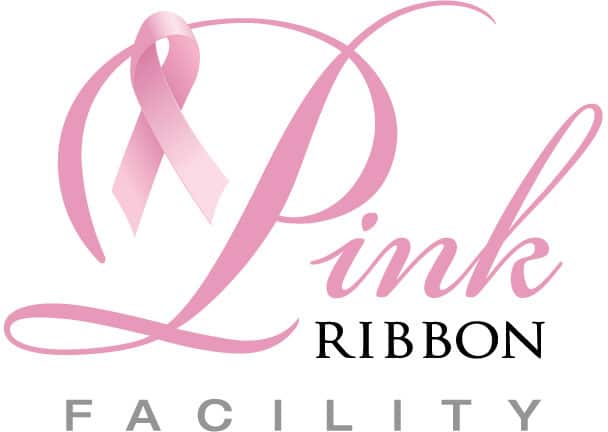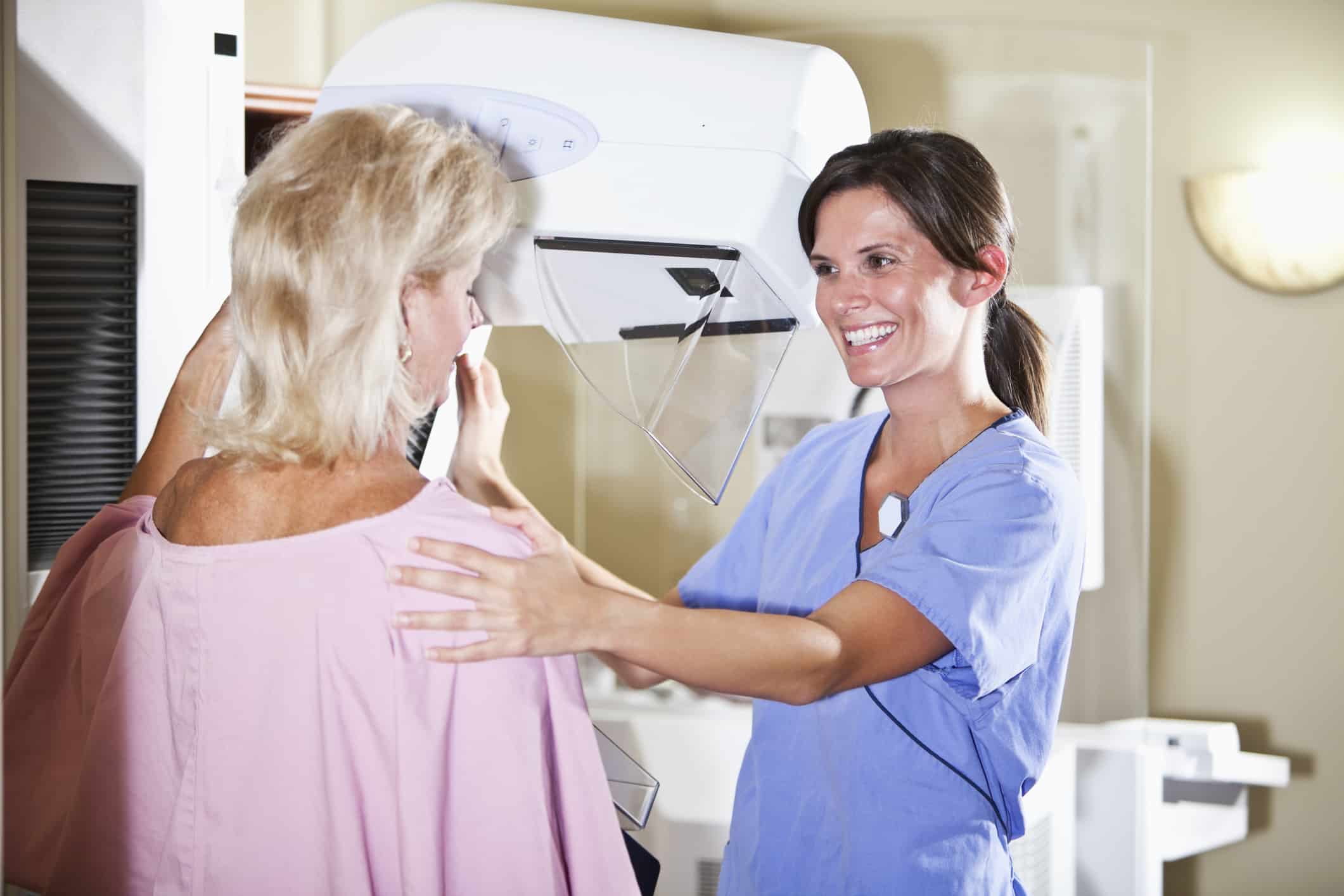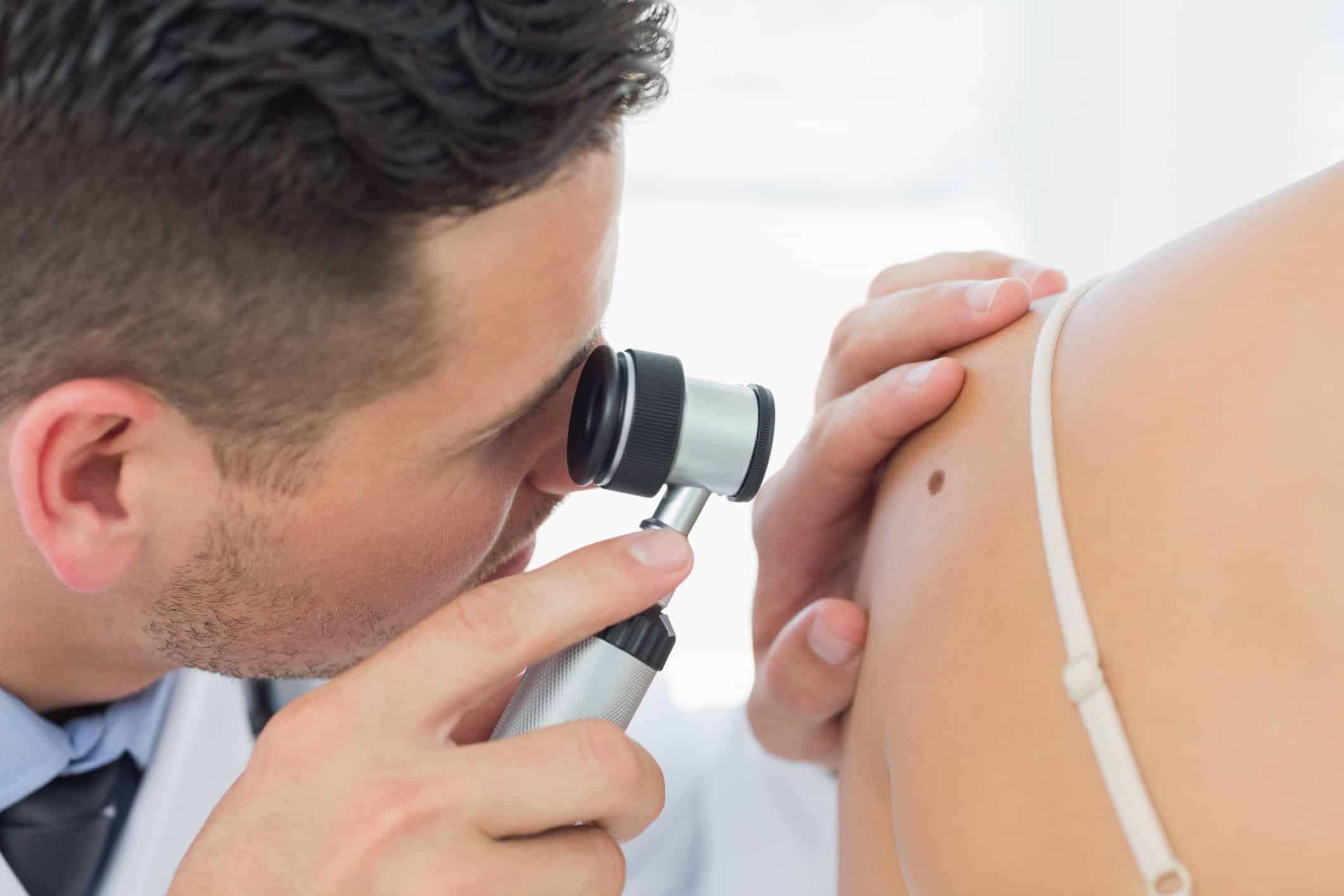Cancer Prevention & Screening
At the Summit Healthcare Cancer Center, we offer a variety of cancer prevention and screening services. These services include screening for breast cancer, colorectal cancer, and skin cancer.
Breast Cancer Screening

Breast cancer is the second most common cancer that affects a significant number of women each year. Most breast cancers are slow-growing, but there are types that are aggressive. This is why early detection is essential. Regular screenings are the best way to detect breast cancer in its early stages. The most common screenings are mammograms and clinical breast exams. This screening requires an order from your family practice physician.
Summit Healthcare’s Women’s Imaging Center is a Pink Ribbon Facility and will accept the orders for your screening. If you have any questions, please call 928.537.6589.
When should I get a breast exam?
We recommend that, starting at 20 years old, women should get a clinical breast exam every few years. At 40 years of age, clinical breast exams should be completed annually. A screening mammogram should also be completed yearly once a woman turns 40 years old. Biannual exams may be recommended for women between 50 and 74 years old. Your doctor will help you determine the best course of action for your screenings.
What to Expect During a Breast Exam
During a breast exam, a doctor may ask the patient to place their arm in different positions to view and examine the breast from various angles. The doctor will then rotate his or her fingers around the entire breast. They will apply different levels of pressure to feel the areas near the surface as well as deeper within the breast. This will be done for both breasts.
What is a mammogram?

A mammogram is an X-ray exam of the breast. A mammography allows doctors to detect small tumors and small abnormal growths in the milk ducts of the breast called ductal carcinoma in situ (DCIS. Mammograms are an effective way to detect cancer early. They can also aid in successfully treating breast cancer.
During a mammogram, the breast is placed on a small platform and compressed. The breast is then exposed to a very low dose of radiation.
The compression helps even out the thickness of the breast so that all breast tissue can be seen. It also holds the breast still and prevents patient movement. Images of the breast tissue are produced for the doctor to view.
Breast Self-Exams
Other than clinical breast exams and mammograms, women should do a self-exam on their breast one a month. This can help women identify any changes or abnormalities in their breasts, such as a lump, swelling, irritation or pain. Although self-exams aren’t an official screening tool for breast cancer, women should become familiar with the way their breasts normally look and feel. This can help them recognize any changes indicating an abnormality.
Colorectal Cancer Screening
At Summit Healthcare, both conventional and virtual colonoscopies are available. This screening is with a general surgeon. To find a general surgeon, click here to use our Find a Doctor Search.
There are many steps that can be taken to lower the risk of developing colorectal cancer. Individuals may decrease their chances of developing colorectal cancer by:
- Eating a healthy low-fat diet, high in fiber and antioxidants
- Drinking alcohol only in moderation
- Exercising regularly
- Maintaining a healthy weight
- Refraining from smoking.
Skin Cancer Screening
For skin cancer screening, a thorough examination of the skin is performed. A skin biopsy may be performed for suspicious lesions. Although not every case of skin cancer can be prevented, the best way to avoid it is to protect skin from the sun.
- Limit exposure to the skin, especially between 10 a.m. and 4 p.m.
- Always wear sunscreen with an SPF of at least 15
- Wear a hat in the sun
- Wear long sleeves and long pants
- Avoid tanning beds and salons

